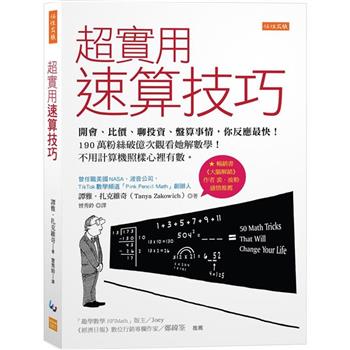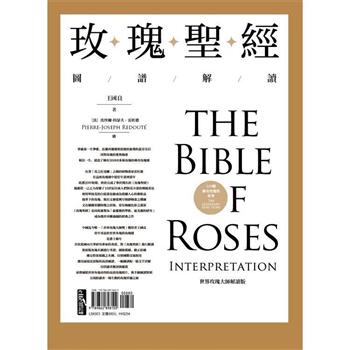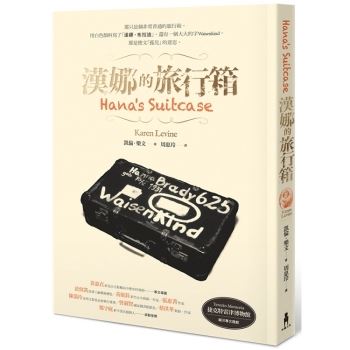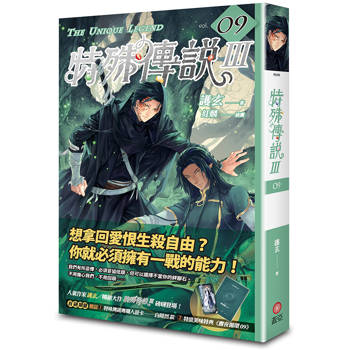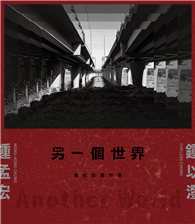The anonymous theologian known as Pseudo-Dionysius, who was responsible for arranging the angelic hierarchy into nine orders, had a significant influence on mediaeval European mysticism. This book places him in his religious and political context in sixth century Syria, and uncovers the hidden agenda which lies behind his writings. New evidence is presented to establish the dating of the corpus more accurately than has been done before. Rather than analysing the minutiae of Dionysius' thought, Rosemary Arthur focuses on his sources for, and treatment of, the Angelic Hierarchy and the Dazzling Darkness, with a view to ascertaining his motive for writing, his relationship with his opponents and his need to hide his identity.
| FindBook |
有 1 項符合
Pseudo-Dionysius as Polemicist: The Development and Purpose of the Angelic Hierarchy in Sixth Century Syria的圖書 |
 |
Pseudo-Dionysius as Polemicist: The Development and Purpose of the Angelic Hierarchy in Sixth Century Syria 作者:Arthur 出版社:Routledge 出版日期:2008-02-28 語言:英文 規格:精裝 / 226頁 / 23.4 x 15.5 x 1.5 cm / 普通級 |
| 圖書館借閱 |
| 國家圖書館 | 全國圖書書目資訊網 | 國立公共資訊圖書館 | 電子書服務平台 | MetaCat 跨館整合查詢 |
| 臺北市立圖書館 | 新北市立圖書館 | 基隆市公共圖書館 | 桃園市立圖書館 | 新竹縣公共圖書館 |
| 苗栗縣立圖書館 | 臺中市立圖書館 | 彰化縣公共圖書館 | 南投縣文化局 | 雲林縣公共圖書館 |
| 嘉義縣圖書館 | 臺南市立圖書館 | 高雄市立圖書館 | 屏東縣公共圖書館 | 宜蘭縣公共圖書館 |
| 花蓮縣文化局 | 臺東縣文化處 |
|
|
圖書介紹 - 資料來源:博客來 評分:
圖書名稱:Pseudo-Dionysius as Polemicist: The Development and Purpose of the Angelic Hierarchy in Sixth Century Syria
內容簡介
作者簡介
Having originally studied chemistry, Rosemary Arthur later became interested in theology, and returned to London University, obtaining a BD in 1992. This was followed by an MA in Mediaeval English in 1993, specializing in the Anglo-Saxon church. Her doctoral research was carried out at King’s College London under the supervision of Dr Graham Gould and she was awarded a PhD in 1998.
|

